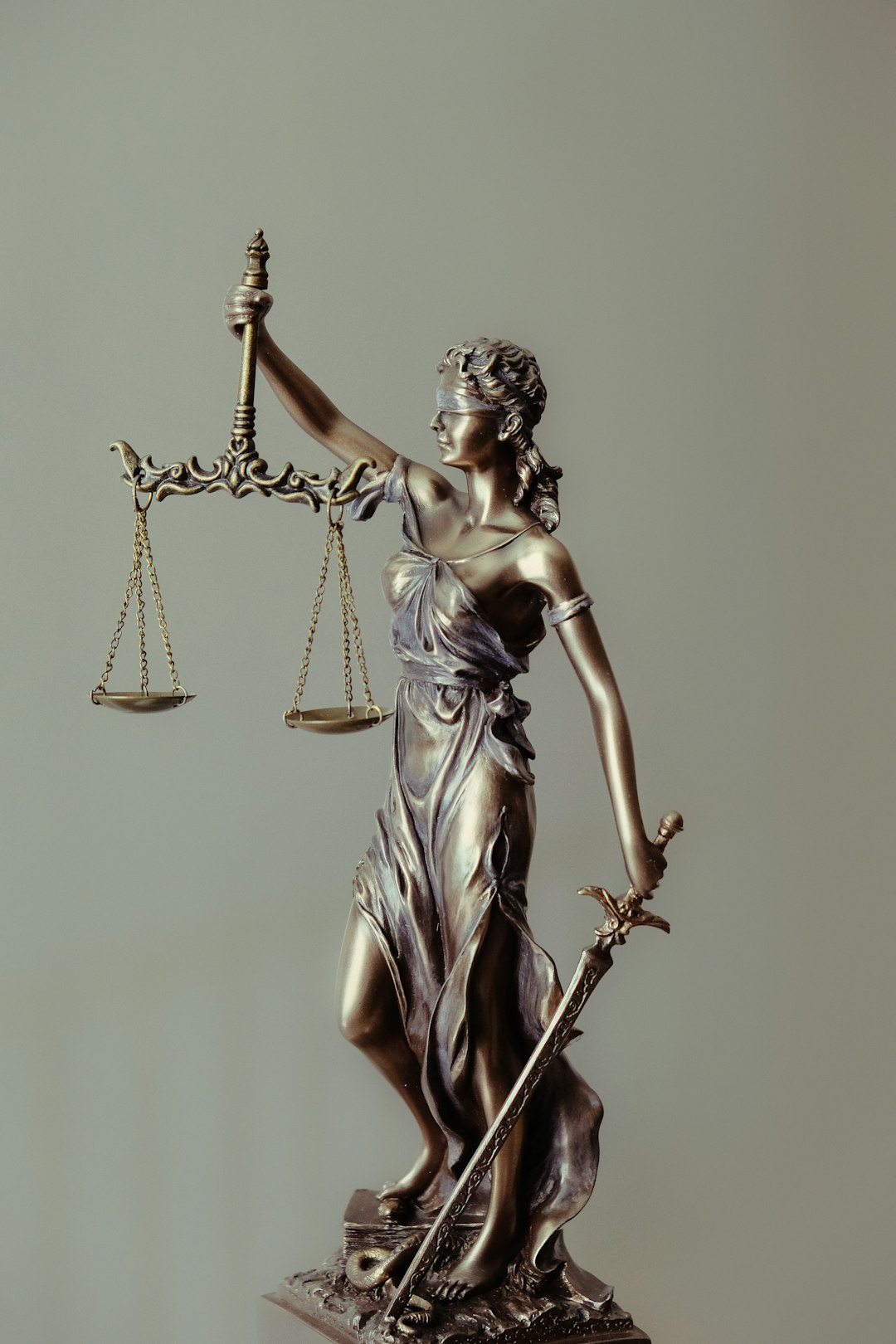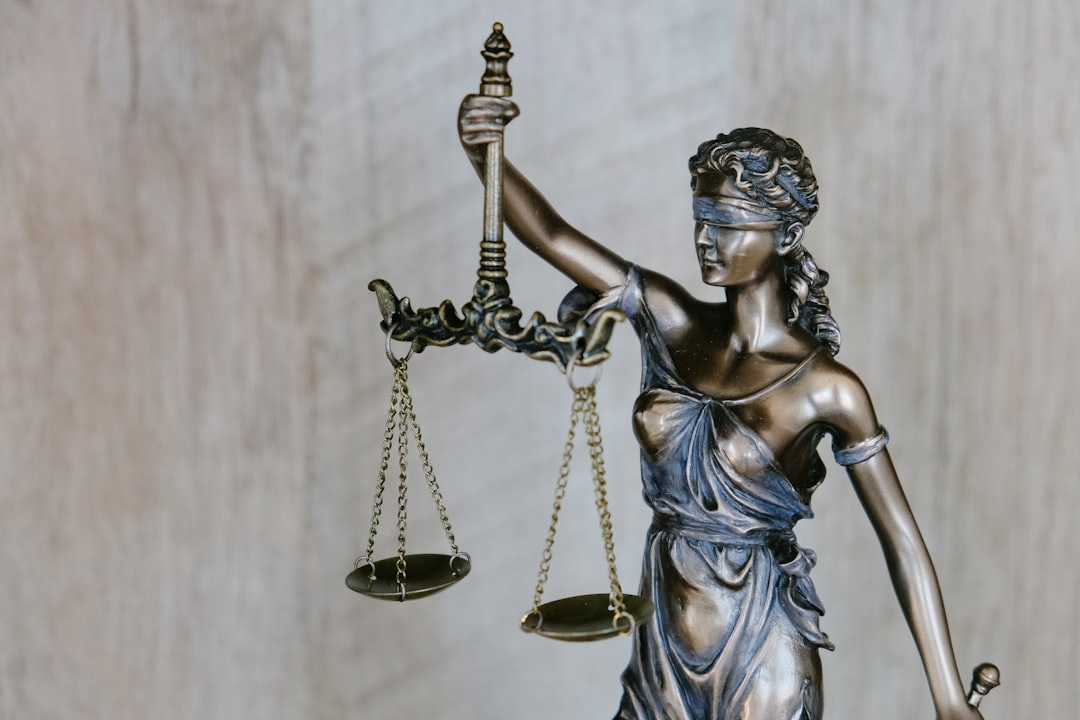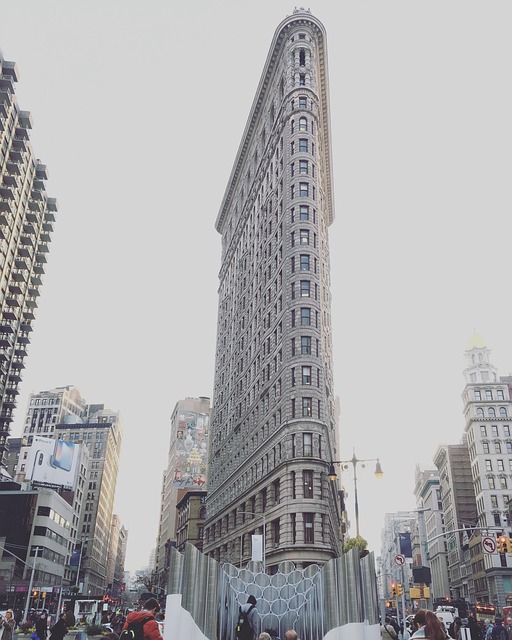Sexual assault lawyers in New York City face unique challenges due to the demanding nature of their work, which can lead to secondary trauma. To cope, they must prioritize self-care, establish clear work-life boundaries, and access support networks like peer therapy groups. Organizations like NASAL and NYC bar association programs offer resources tailored for these professionals' mental health and well-being.
In the dynamic yet demanding city of New York, legal professionals, especially those specializing in sensitive areas like sexual assault cases, often experience a unique form of stress—secondary trauma. This introduction delves into the intricate landscape of understanding and managing secondary trauma within NYC’s legal community, focusing on its impact on sexual assault lawyers and the crucial coping strategies they employ. We also explore vital support resources tailored to New York’s legal professionals.
Understanding Secondary Trauma: A Legal Perspective
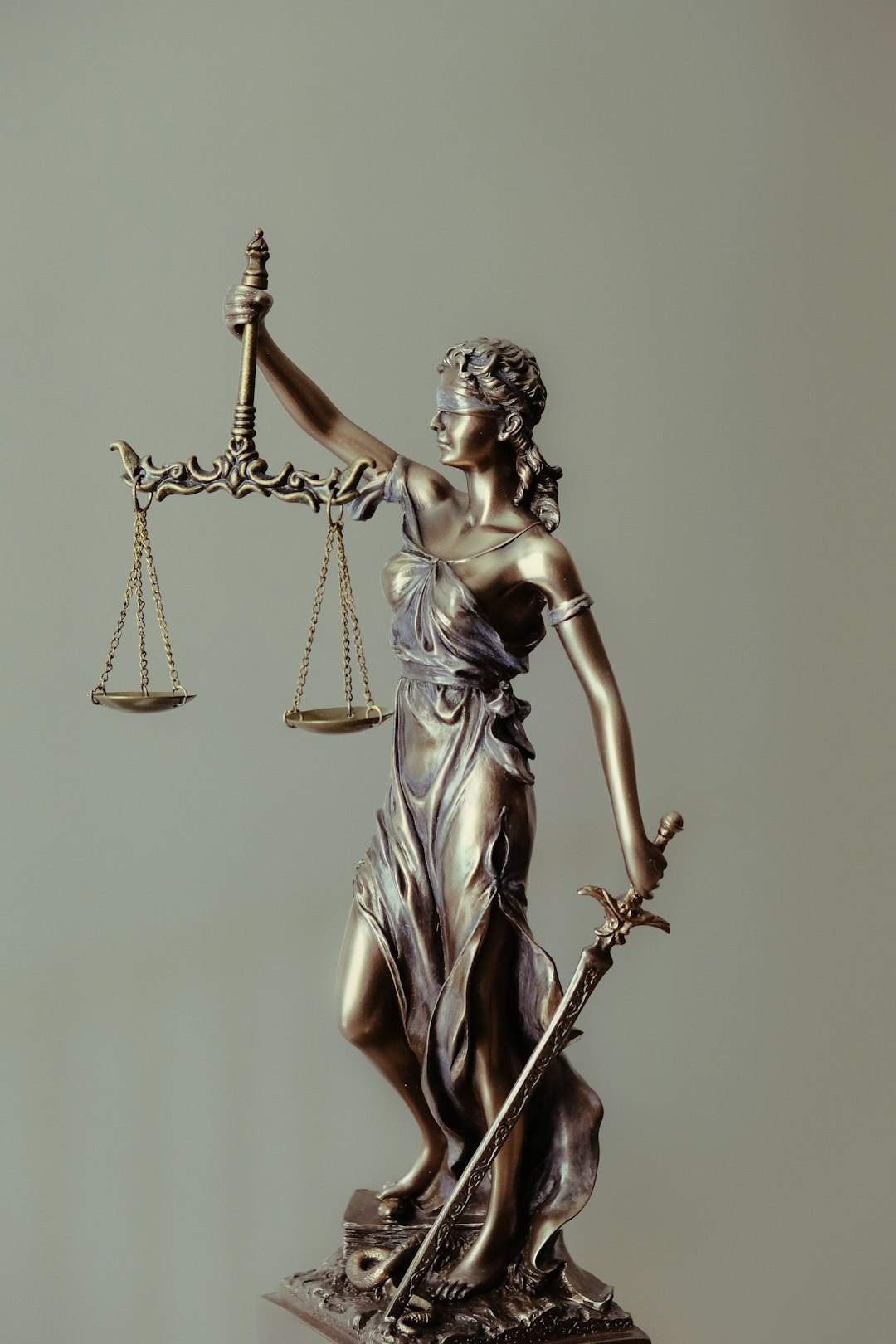
Secondary trauma, a complex phenomenon, significantly impacts legal professionals in NYC, especially those specializing in cases involving sensitive issues like sexual assault. This occurs when lawyers witness or learn about traumatic events experienced by their clients, leading to emotional distress and potential re-traumatization. In the context of sexual assault cases, sexual assault lawyers New York NY are often first responders, requiring them to possess not only legal expertise but also empathy and resilience.
The legal field’s nature, with its emphasis on detail and logic, might seem disconnected from the emotional weight of secondary trauma. However, as legal professionals navigate these cases, they become integral parts of their clients’ healing journeys. This demanding role necessitates self-care practices and access to support systems to mitigate the potential for secondary trauma and ensure lawyers can effectively advocate for justice while maintaining their well-being.
Impact on Sexual Assault Lawyers in NYC
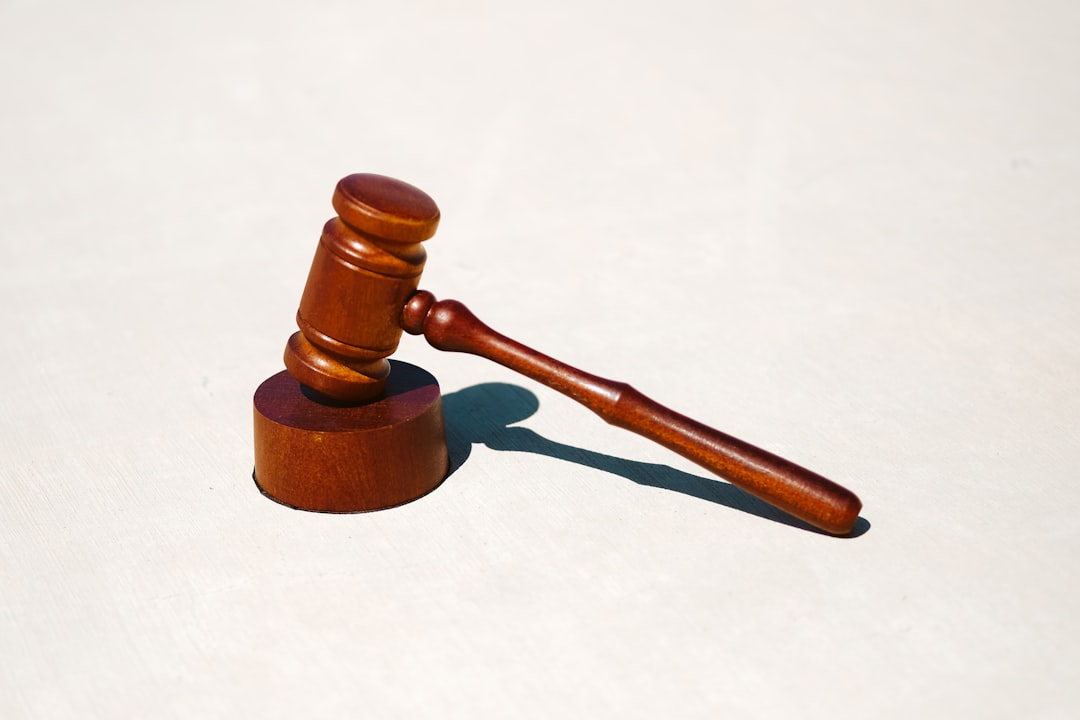
The demands of representing survivors of sexual assault can take a significant toll on legal professionals in New York City. These lawyers often bear witness to deeply traumatic experiences, which can lead to secondary trauma—a condition where individuals experience distress after learning about another’s trauma. The fast-paced and high-pressure environment of NYC’s legal system exacerbates this risk, as attorneys juggle heavy caseloads and tight deadlines.
Sexual assault lawyers in New York City must navigate complex legal procedures while empathizing with clients who have endured profound physical and emotional harm. This constant exposure to sensitive cases can result in secondary trauma symptoms such as flashbacks, nightmares, and heightened anxiety. It’s crucial for these professionals to prioritize self-care and access support networks to mitigate the impact of their work on their mental well-being.
Coping Strategies for Legal Professionals
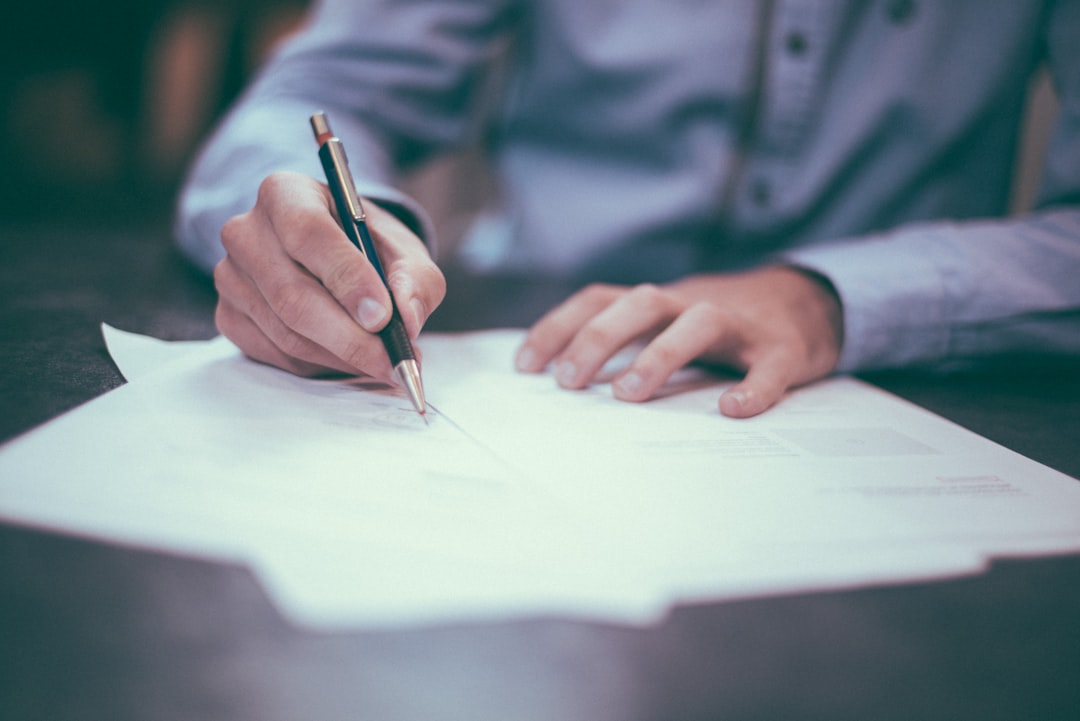
Navigating the complexities of secondary trauma as a legal professional in New York City can be challenging, but there are coping strategies to help manage this unique strain. Legal professionals who frequently handle cases involving sexual assault or other traumatic events may experience vicarious trauma, where they absorb and relive their clients’ experiences. To mitigate this, establishing clear boundaries between work and personal life is essential. Self-care practices such as regular exercise, mindfulness meditation, and adequate sleep can significantly enhance resilience.
Additionally, seeking support from peers through professional networks or therapy groups specialized in legal professionals’ mental health is invaluable. For sexual assault lawyers in New York, joining peer support circles can foster a sense of community while providing a safe space to discuss the emotional toll of their work. These strategies empower legal professionals to continue advocating for justice while safeguarding their own well-being.
Support Resources for New York's Legal Community
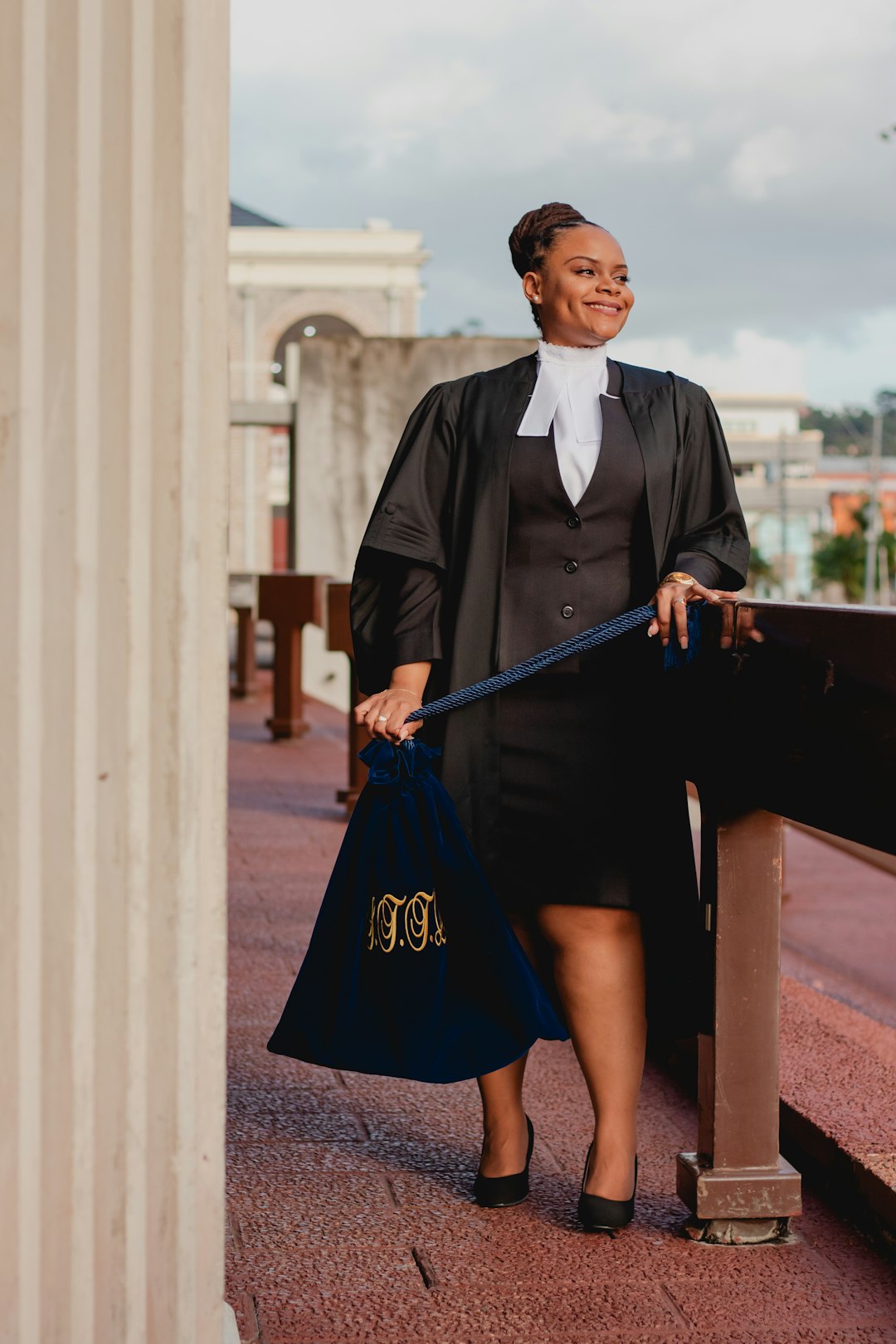
New York City’s legal community faces unique challenges, particularly when it comes to secondary trauma experienced by professionals who frequently encounter sensitive cases. Thankfully, there are numerous support resources available for those working in this field. Organizations like the New York State Bar Association offer well-being programs tailored to lawyers, providing a safe space to discuss mental health concerns and access specialized services.
For legal professionals specializing in sexual assault cases, there are dedicated networks and groups focused on supporting each other. These include local chapters of organizations like the National Alliance of Sexual Assault Lawyers (NASAL) that offer peer-to-peer support, educational workshops, and resources specific to handling sensitive legal matters involving sexual violence. Additionally, many mental health facilities in NYC cater to legal professionals, offering therapy services and programs designed to help manage the emotional toll of their work.

